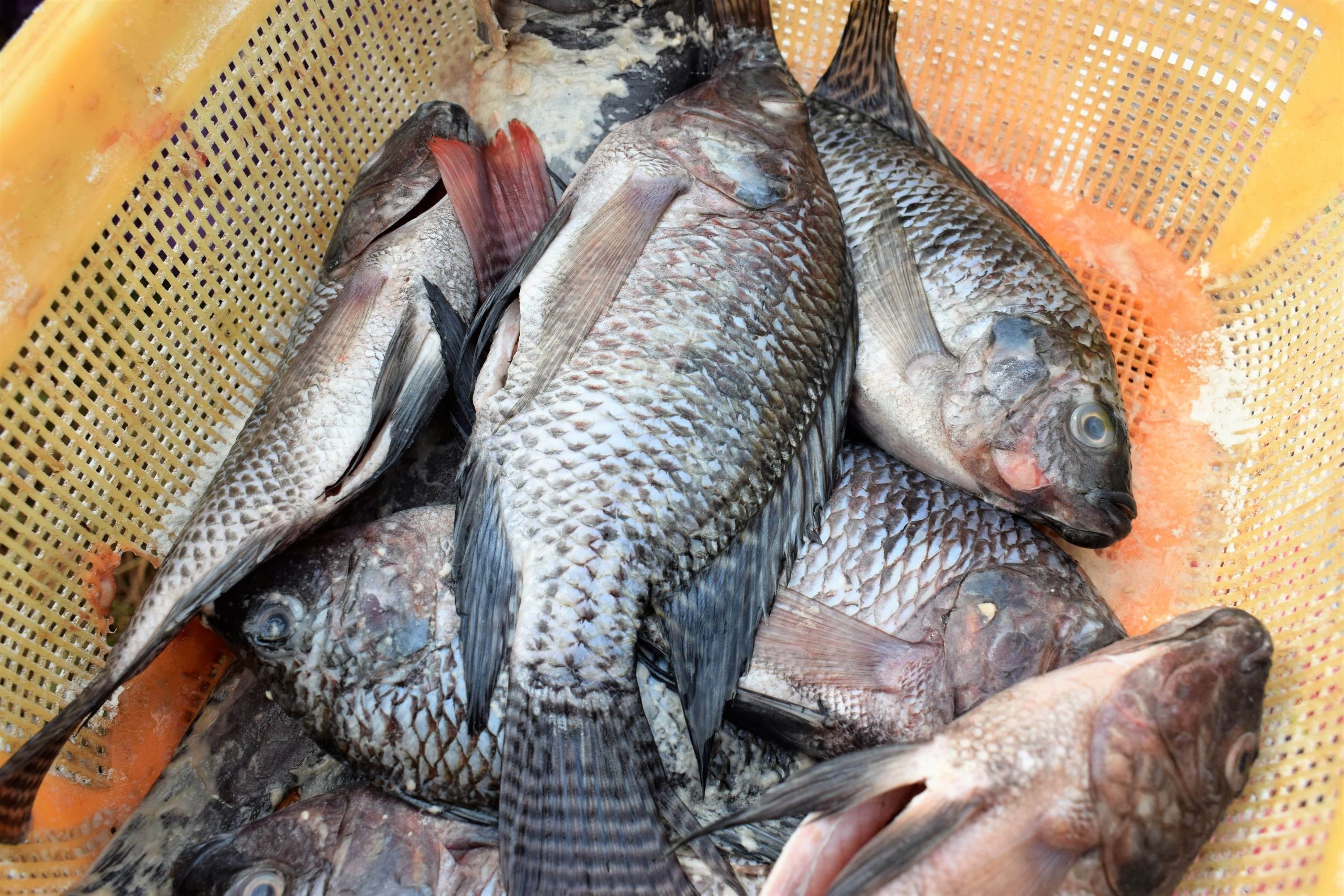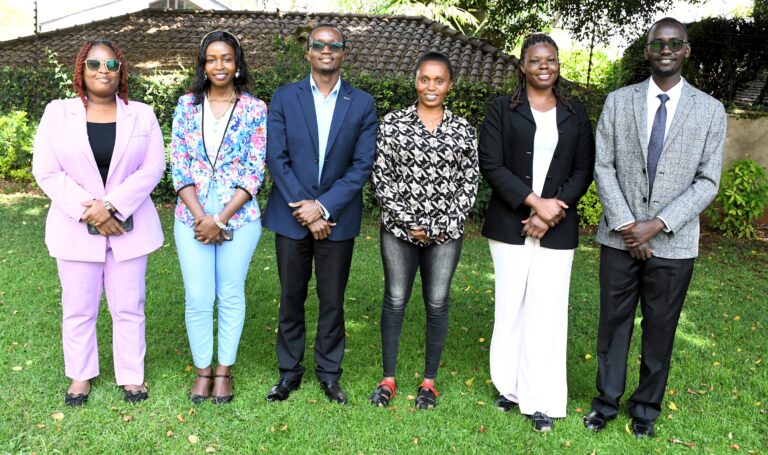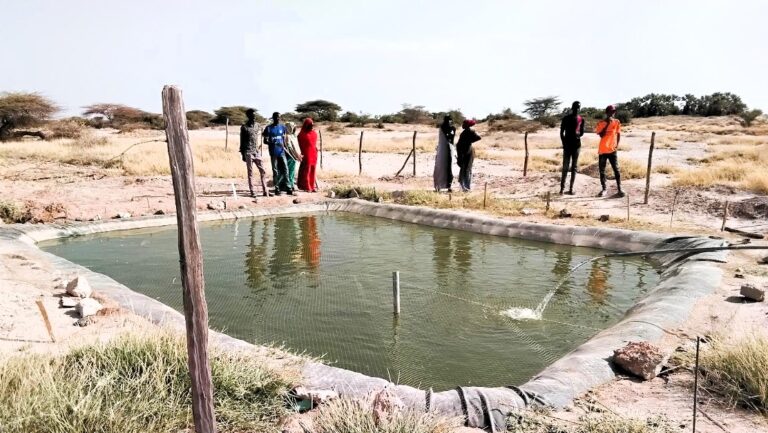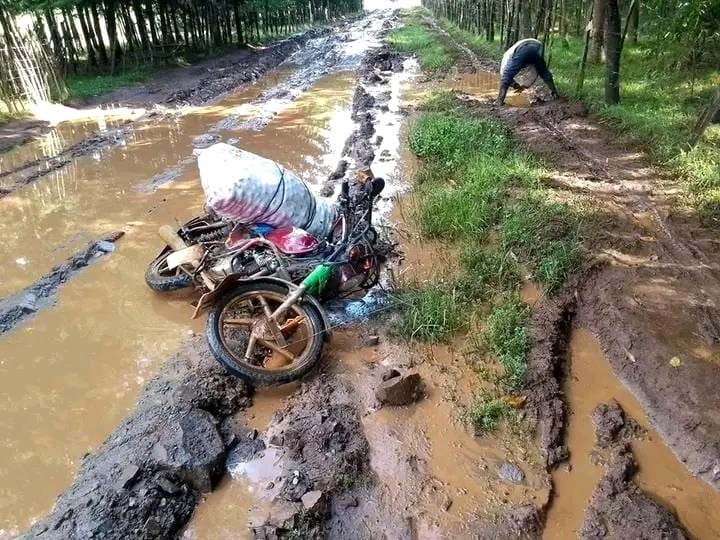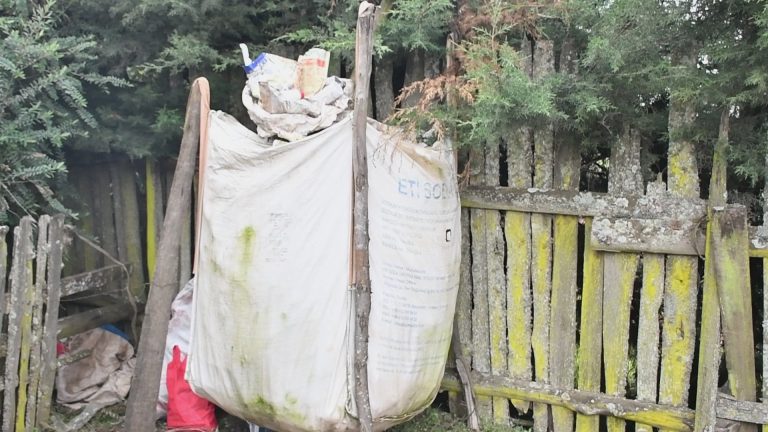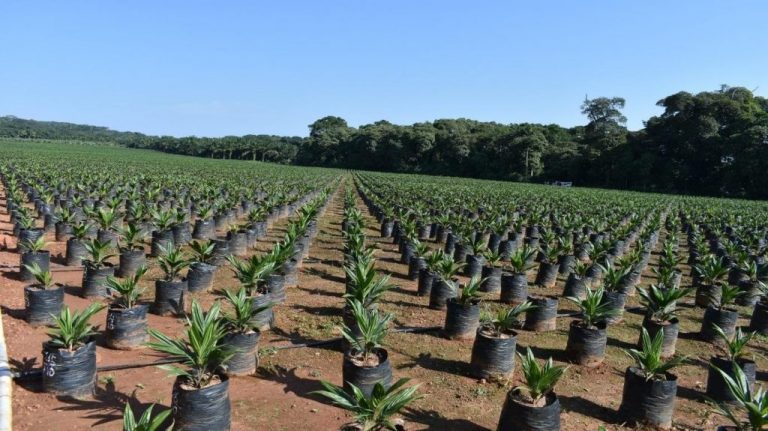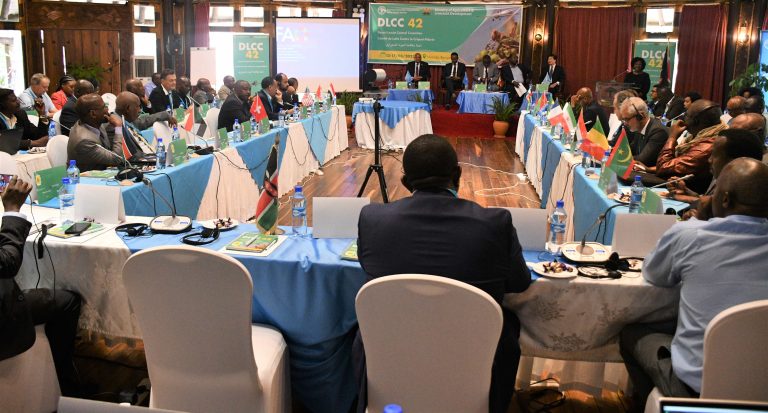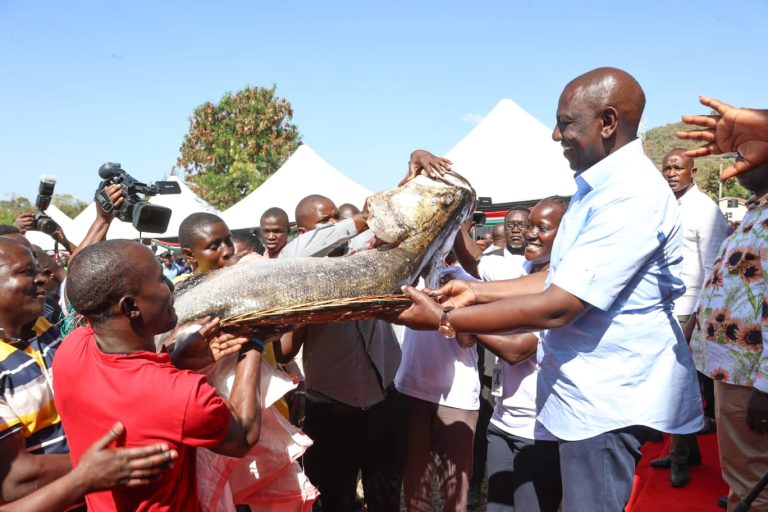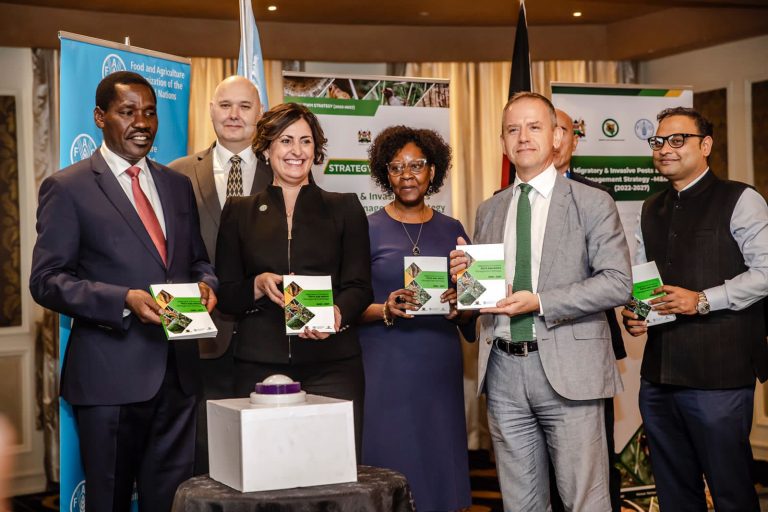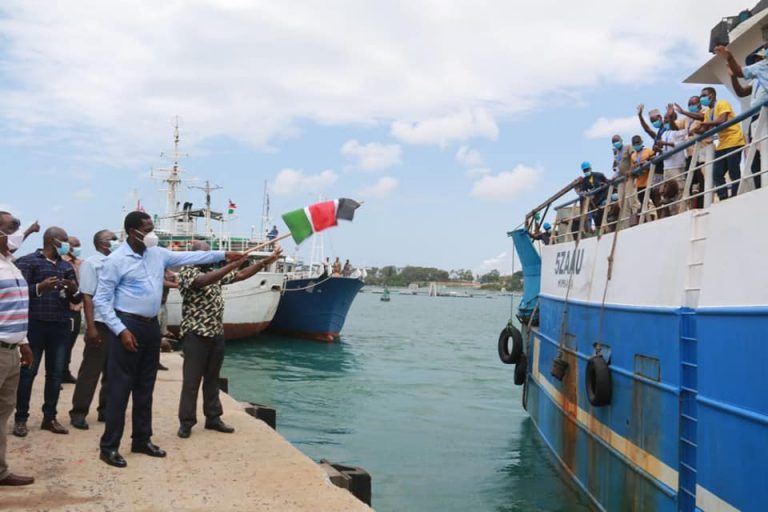Kenya still faces a fish deficit of 350,000 Metric tonnes of fish annually if it was to consume an average of 10 Kgs/person/year which is the continental average. This is the reason the country is still importing fish and this is not changing soon.
“The demand for fish in Kenya and the Region is high hence importation by most countries in the region. We can only stop any importation when we increase fish production in Kenya. We can achieve our target of fish production and export if the Private sector invest in the opportunities along the value chain. Currently there is very little product development in Kenya, especially of the byproducts and we want innovations in developing the new products which will be consumed by all,” says Prof Micheni Ntiba, Principal Secretary, State Department for Fisheries, Aquaculture and the Blue Economy. He was speaking during the FAO roundtable discussion on Kenya’s aquaculture sector in Nairobi.
The PS says the biggest challenge in the country is putting affordable fish on the table. This he adds is because Kenyans have now embraced fish eating and the reason the consumption is lower than other proteins is because fish is still expensive. “The only way to make fish affordable to ‘Wanjiku’ is by reducing the cost of production and eliminating inefficiencies in the aquaculture value chain,” said Micheni.
He called on Kenyans to be innovative in finding ways of increasing sustainably fish production from aquaculture, calling upon the private sector to play a bigger role in driving the sector. The government Prof Micheni added has rolled out programmes to that are supporting the sector in partnership with development partners. “I wish to thank the government of Kenya and IFAD that have partnered to fund the Aquaculture Business Development Programme e (ABDP) that is focused on changing how we do aquaculture from ‘business as usual’ to doing aquaculture as a business and drive the sector towards commercialization. Out of the total Programme financing; KES 6.8 Billion is for funding Smallholder Aquaculture Development,” he said.
The Fisheries Department also targets to develop mari-culture and diversification in the organisms being cultured. Aquatic plants such as seaweed the PS said are also an important resource for aquaculture as they provide nutrition, livelihood and other important industrial uses. To this end the government has supported the development of the sea weed farming in Kibuyuni. Currently there are 450 farmers who have been supported with a processing machine to support value addition and increase income. There is an intention to upscale this to other areas in the suitable marine waters as well as include Spirullina growing.
“However, the government is also aware that the biggest challenge facing the farmers in marine areas is lack of seeds which has inhibited commercialization of fish-farming. The State Department through the Kenya Marine Fisheries Socioeconomic Development Project (KEMFSED) will support the construction of a modern National Mari-Culture Resources Centre where research, development and training activities geared towards development of quality seed and feeds as well as training for uptake of technologies by the farmers. Private sector hatchery managers and fish feed producers will be trained at the cernter to spur investments in these area. This will go a long way in commercialisation of mariculture. The Centre will also seek to 5 recruit new species and strains as candidates for aquaculture and efficient technologies. Ladies and gentlemen The government through the same project targets to introduce Contract farming for crabs. Contract farming will also target farmers who may be removed from the fishing areas due to introduction of management measures to uptake farming of high value crops as raw material of fish feed. This is to reduce if not eliminate the competition for dagaa between fish meal and human consumption, yet we want to attain food and nutrition security,” said Prof Micheni.
FAO Representative Tobias Takavarsha said FAO remains very keen on working with the Government of Kenya in achieving the ambitious targets of the Agricultural Sector Transformation and Growth Strategy and supporting the development of a number of value chains that are captured in the strategy, Aquaculture being one of them. In this regard he said FAO is working very closely with the Aquaculture Business Development Program (ABDP).
He also said that the sector will benefit from The Agrinvest project. The project which was endorsed by the Government of Kenya earlier this year is being implemented by FAO in partnership with the European Centre for Development Policy Management (ECDPM) through support from the Government of Italy. Agrinvest is being implemented in 4 countries across Africa and is aimed at fostering private sector investment in agriculture that is aligned with the SDG’s that contribute to economic growth and generate employment in rural economies – in particular for women and youth, improve livelihoods, promote gender equality and reduce poverty.
“Currently as we are all aware Agriculture and its related sectors contribute about 33% of GDP growth and employs over 50% of the country’s population. Despite this Agriculture lending is only at 4% of total lending by commercial institutions. This already gives you an indication of the limited investments made in the sector. These investments are also still a big challenge at the Devolved levels of Government. The needs of the sector and in many of the value chains in areas such as Ware housing, cold chains, markets, inputs, value addition, machinery, transport and working capital are still very high,” added Takavarsha.
He said there is a critical need to improve productivity, aggregation and market access. He also called for more investment in the sector by various stakeholders. “I hope that through the initatives of this project we will see increased significant investments in the sector mainly by the Private Sector and additional injections by Governments, Development partners and other Philanthropic organisations. What is important is to consistently work to ensure that we have the right enabling environment for this to happen. Agrinvest will work very closely with the Government through the Directorate of Fisheries and the ABDP program, UN agencies through the Food and Nutrition Security Window led by FAO and IFAD and the other stakeholders in the Sector,” opined Takavarsha.


